A businessman’s success depends on his intelligence, his knowledge, his productive ability, his economic judgment—and on the voluntary agreement of all those he deals with: his customers, his suppliers, his employees, his creditors or investors. A bureaucrat’s success depends on his political pull. A businessman cannot force you to buy his product; if he makes a mistake, he suffers the consequences; if he fails, he takes the loss. A bureaucrat forces you to obey his decisions, whether you agree with him or not—and the more advanced the stage of a country’s statism, the wider and more discretionary the powers wielded by a bureaucrat. If he makes a mistake, you suffer the consequences; if he fails, he passes the loss on to you, in the form of heavier taxes.
A businessman cannot force you to work for him or to accept the wages he offers; you are free to seek employment elsewhere and to accept a better offer, if you can find it. (Remember, in this context, that jobs do not exist “in nature,” that they do not grow on trees, that someone has to create the job you need, and that that someone, the businessman, will go out of business if he pays you more than the market permits him to pay you.) A bureaucrat can force you to work for him, when he achieves the totalitarian power he seeks; he can force you to accept any payment he offers—or none, as witness the forced labor camps in the countries of full statism.
The businessman’s tool is values; the bureaucrat’s tool is fear.
—Ayn Rand
A businessman’s success depends on his intelligence, his knowledge, his productive ability, his economic judgment—and on the voluntary agreement of all those he deals with: his customers, his suppliers, his employees, his creditors or investors. A bureaucrat’s success depends on his political pull. A businessman cannot force you to buy his product; if he makes a mistake, he suffers the consequences; if he fails, he takes the loss. A bureaucrat forces you to obey his decisions, whether you agree with him or not—and the more advanced the stage of a country’s statism, the wider and more discretionary the powers wielded by a bureaucrat. If he makes a mistake, you suffer the consequences; if he fails, he passes the loss on to you, in the form of heavier taxes.
A businessman cannot force you to work for him or to accept the wages he offers; you are free to seek employment elsewhere and to accept a better offer, if you can find it. (Remember, in this context, that jobs do not exist “in nature,” that they do not grow on trees, that someone has to create the job you need, and that that someone, the businessman, will go out of business if he pays you more than the market permits him to pay you.) A bureaucrat can force you to work for him, when he achieves the totalitarian power he seeks; he can force you to accept any payment he offers—or none, as witness the forced labor camps in the countries of full statism.
The businessman’s tool is values; the bureaucrat’s tool is fear.
—Ayn Rand
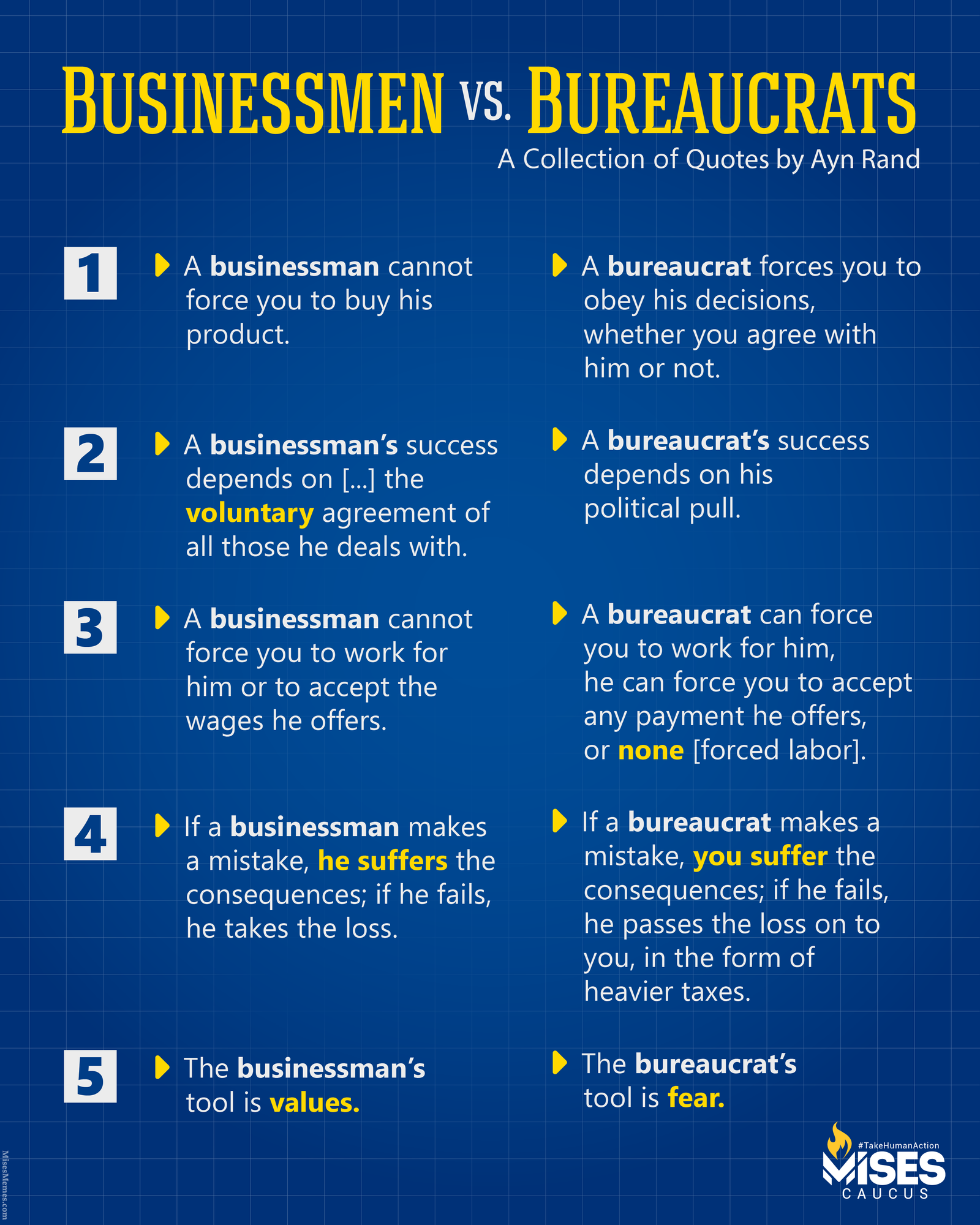





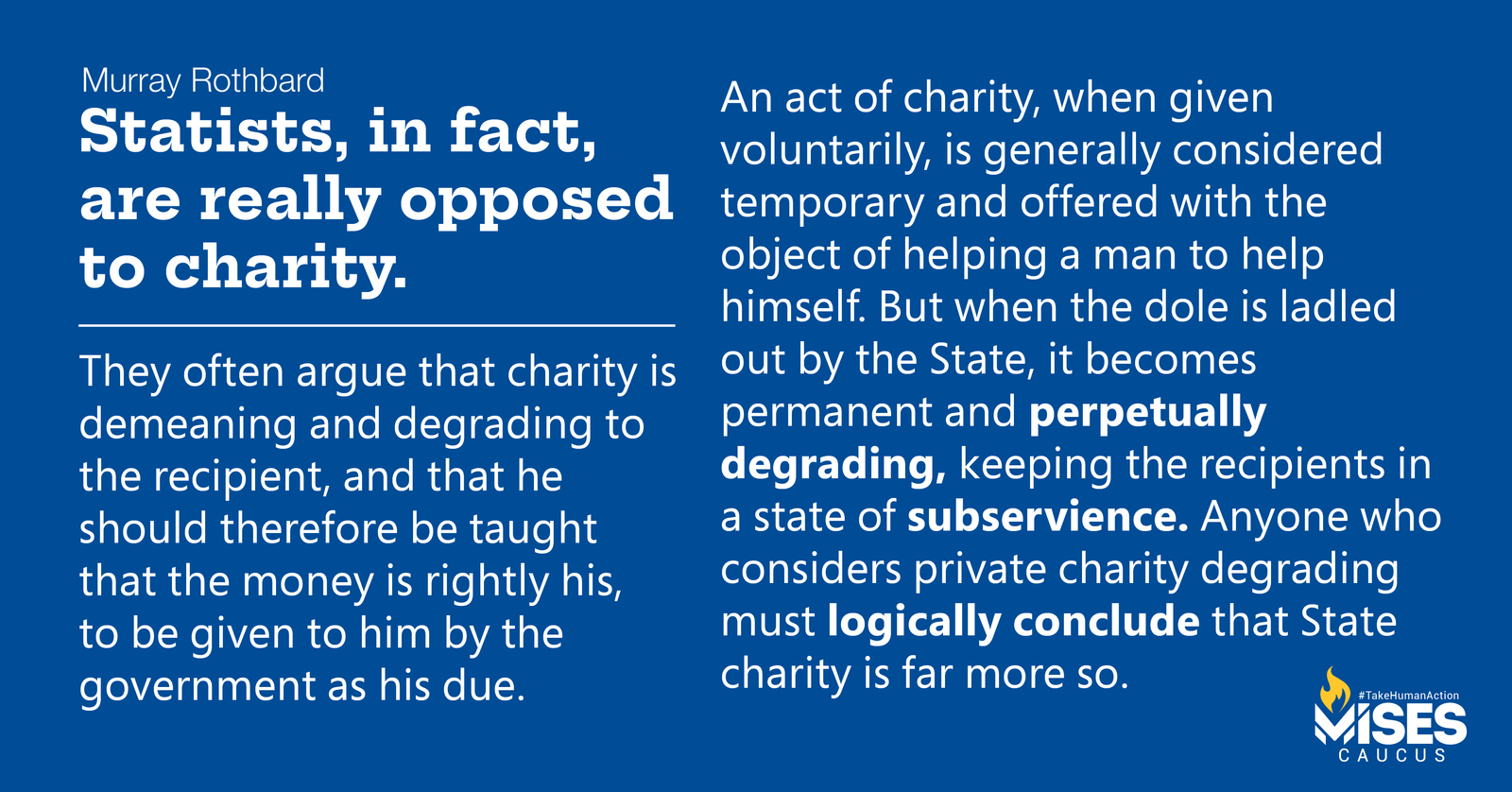
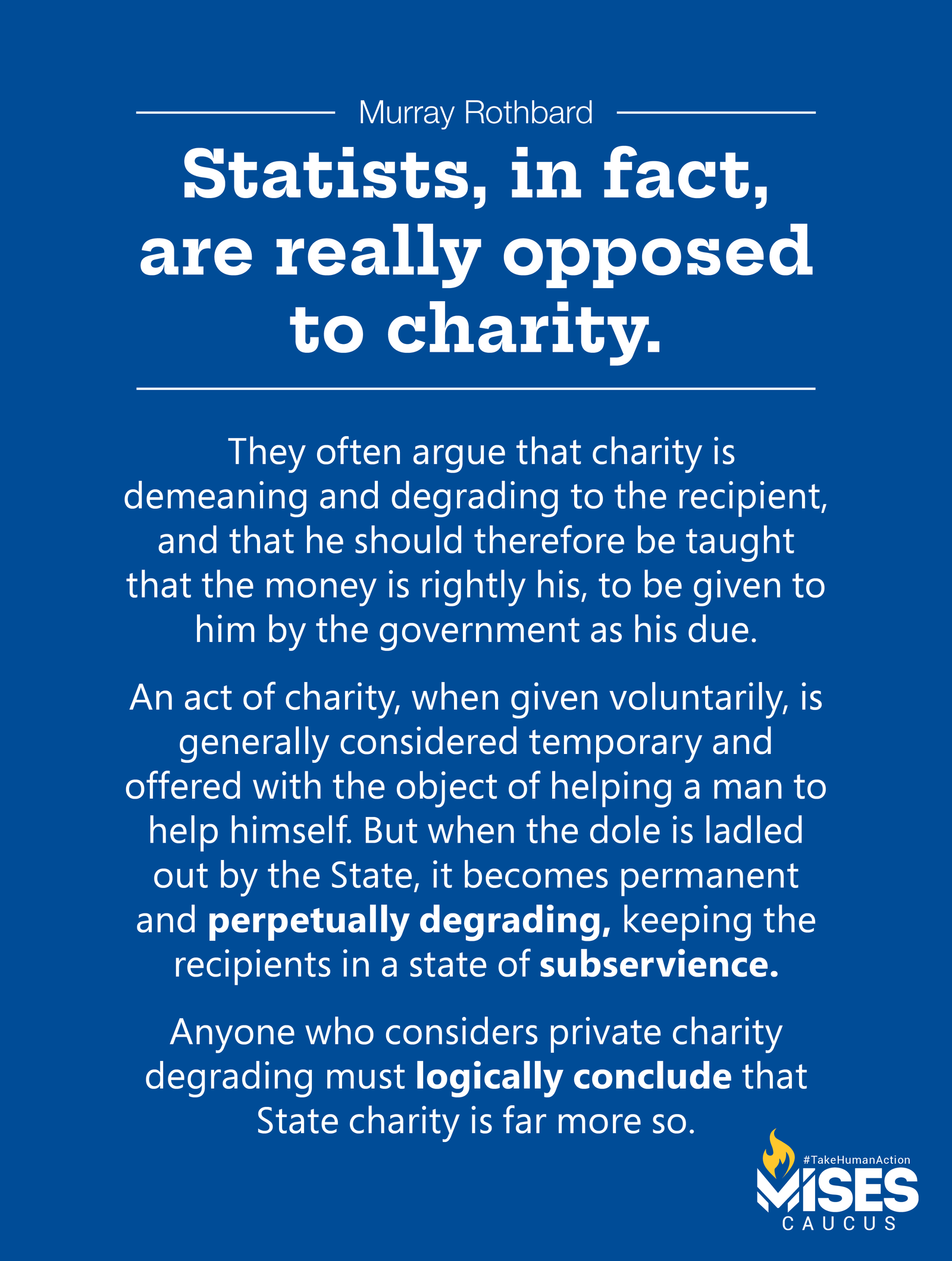

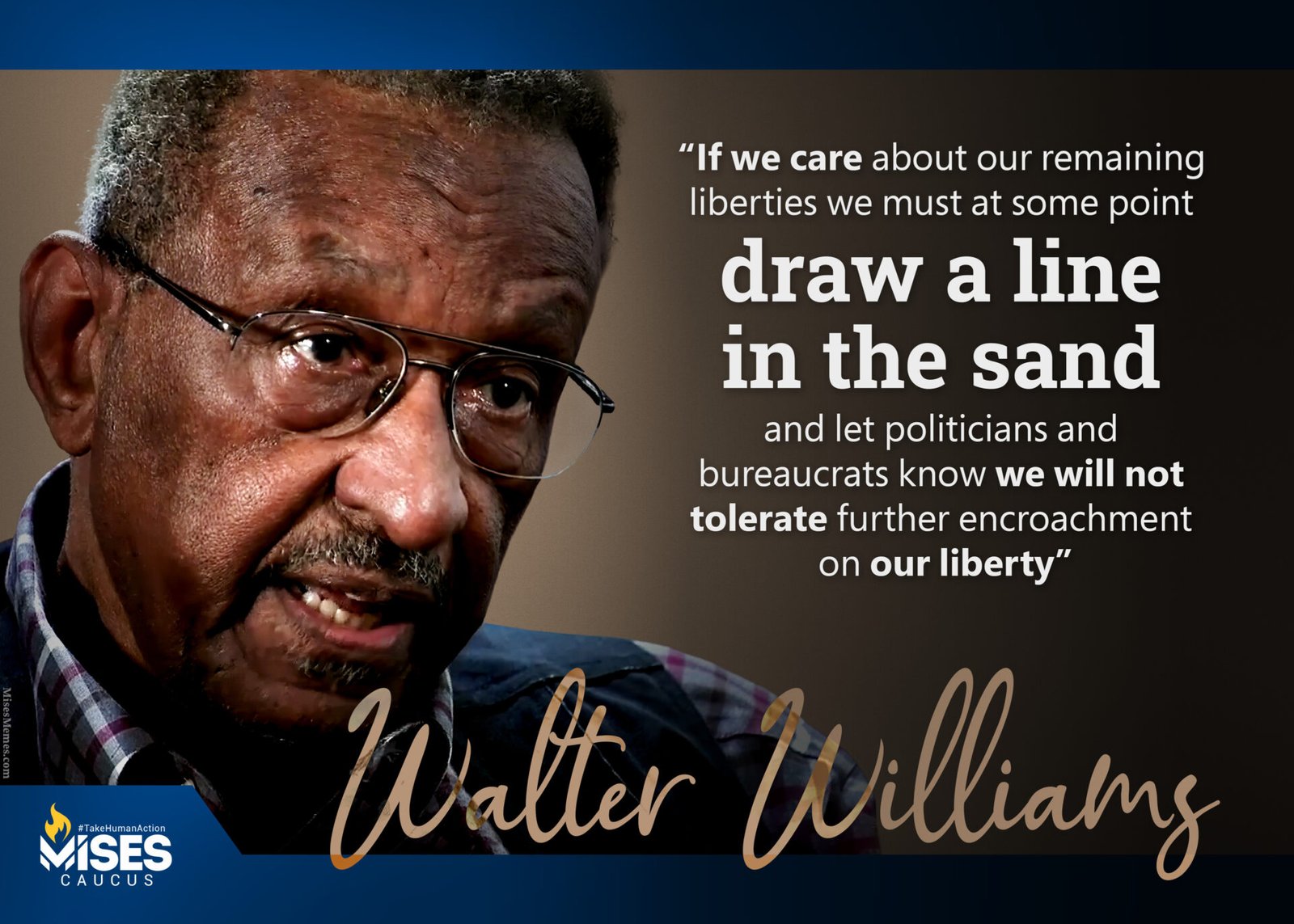

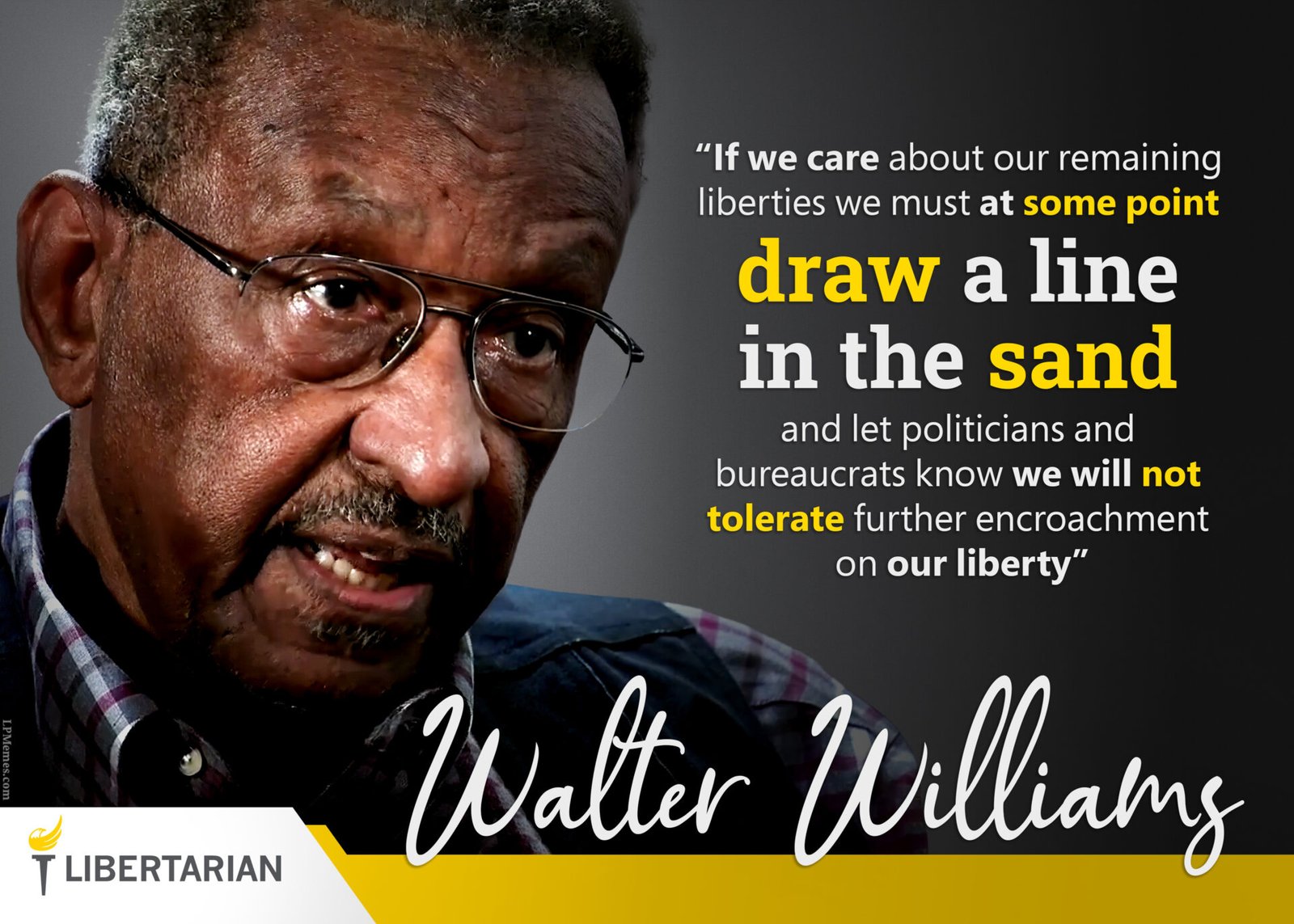
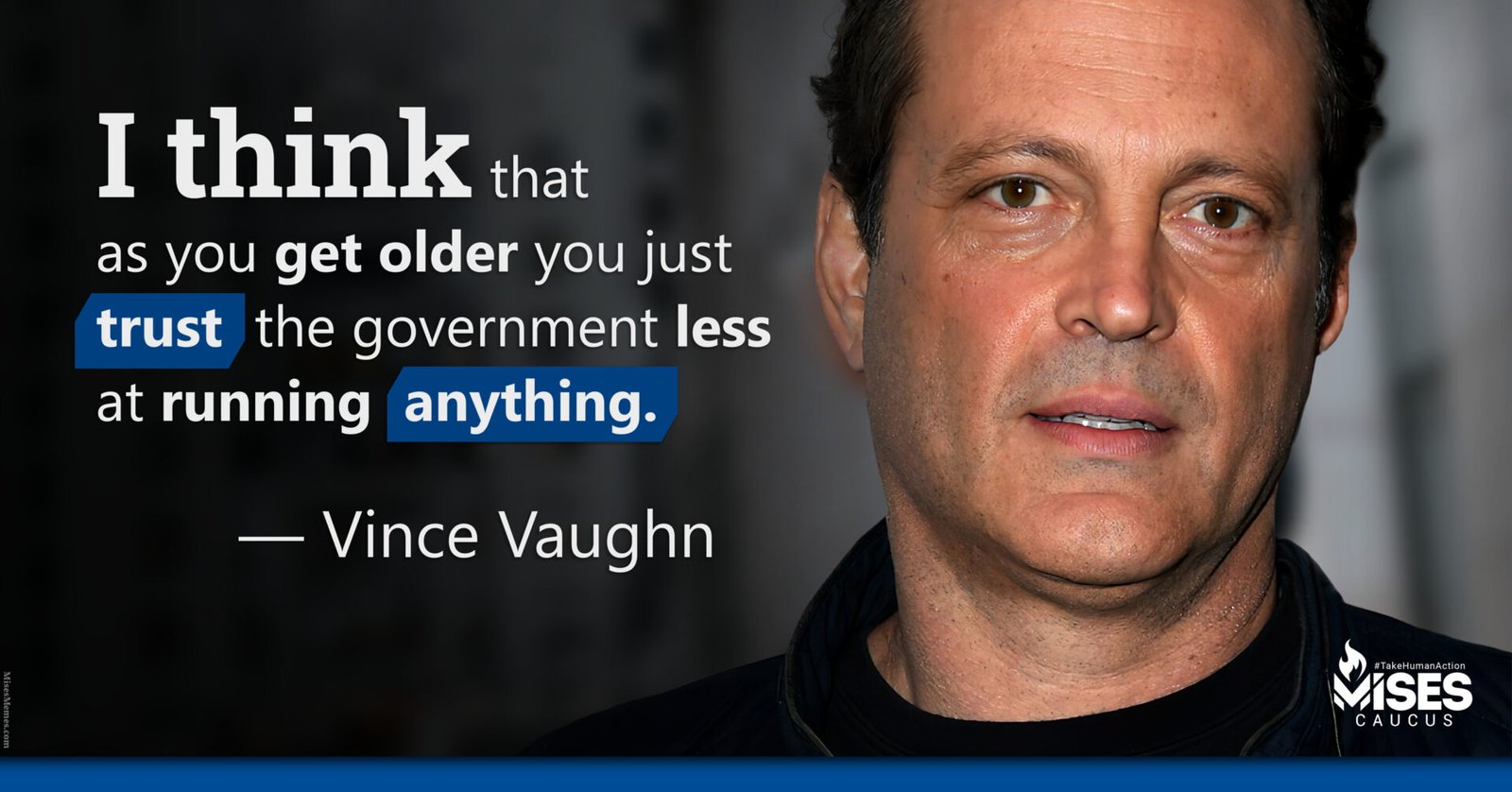
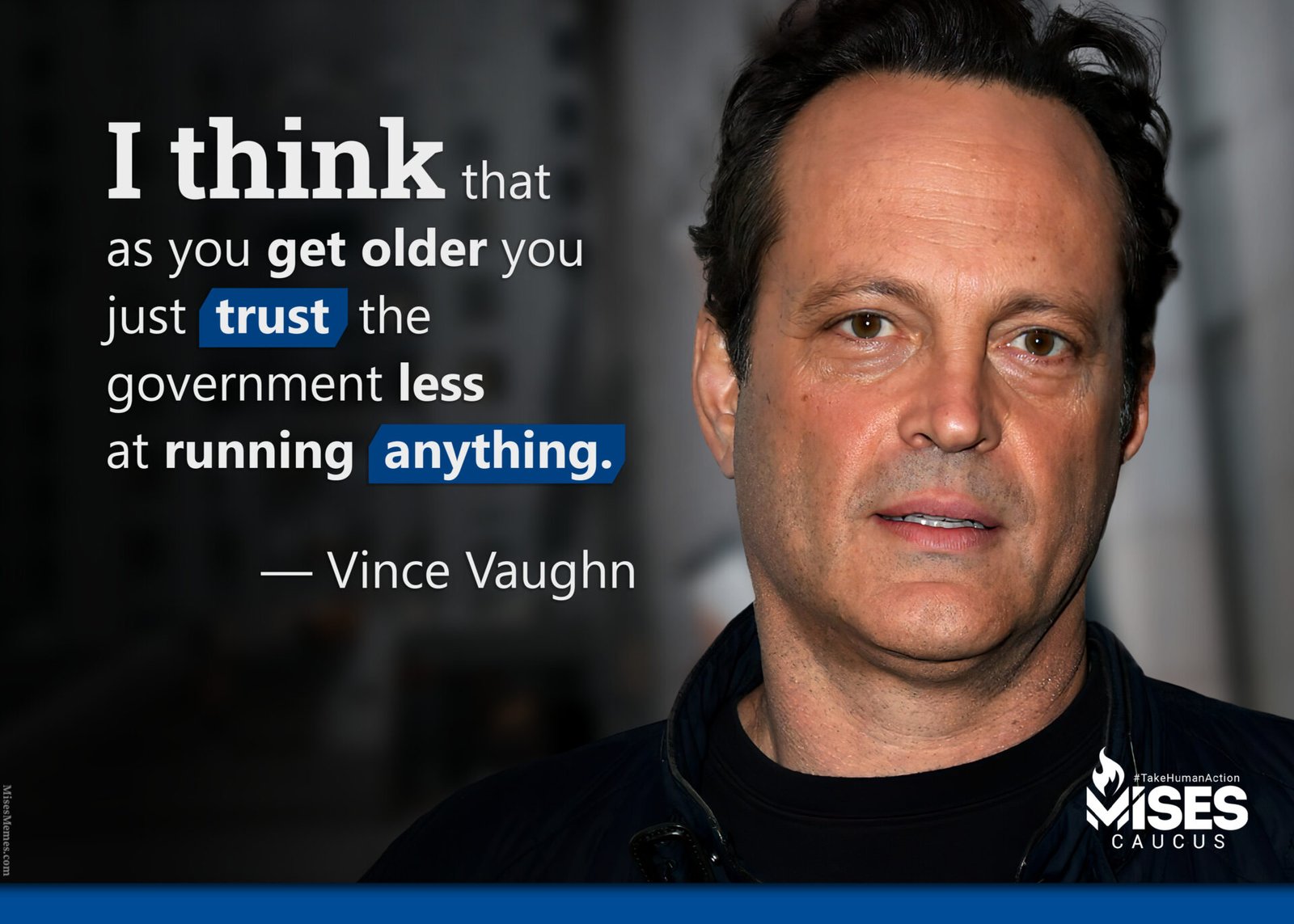

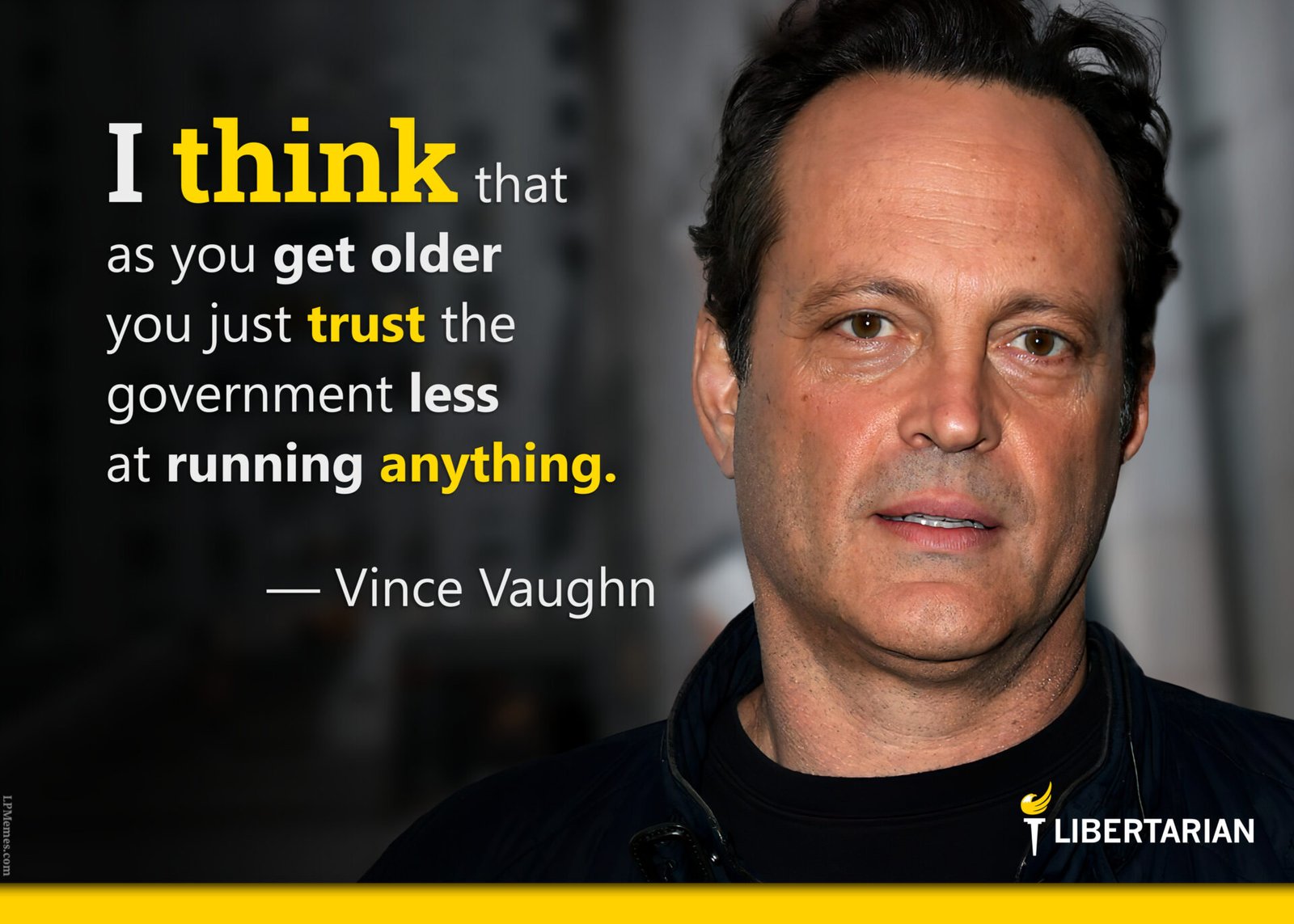

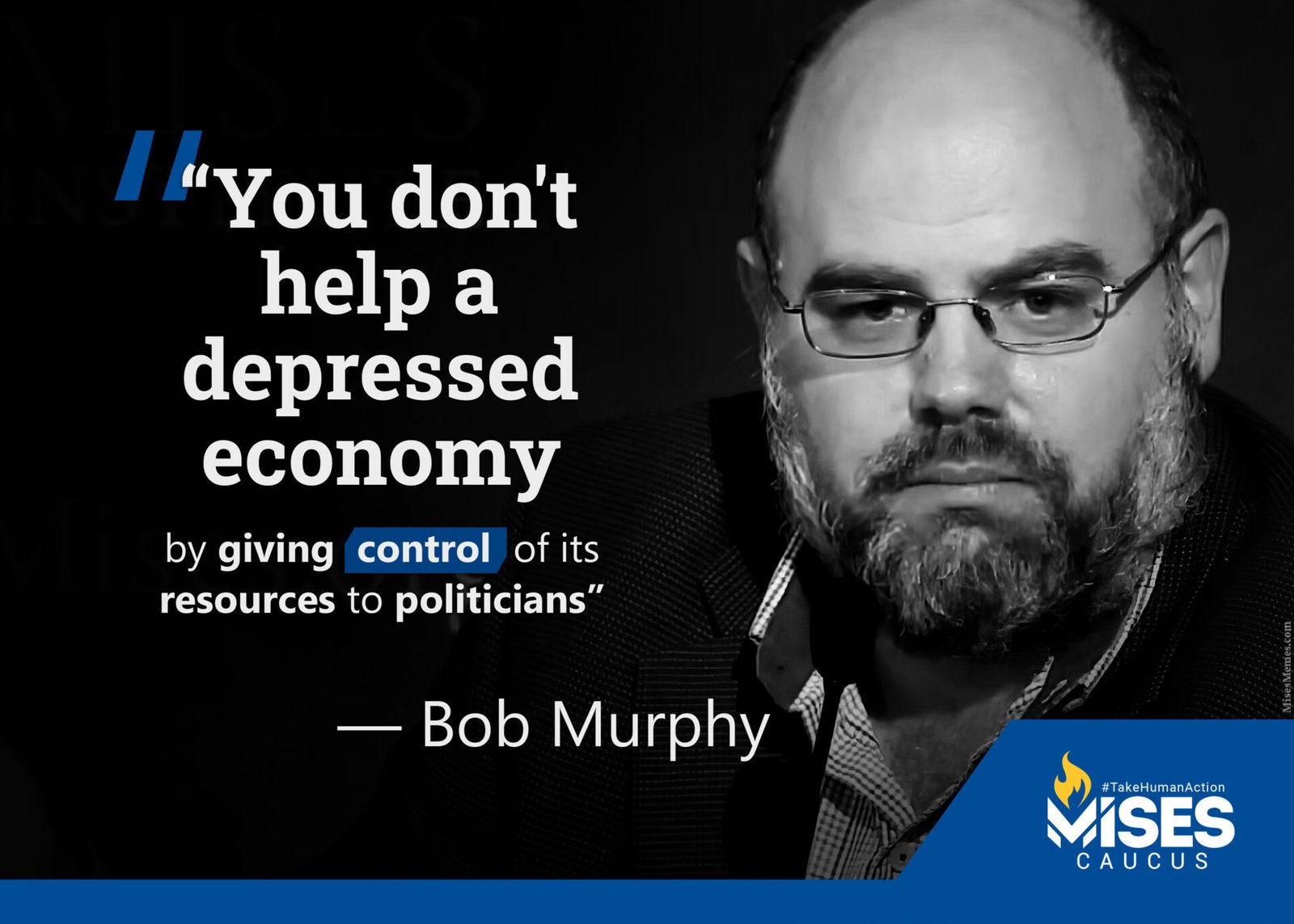
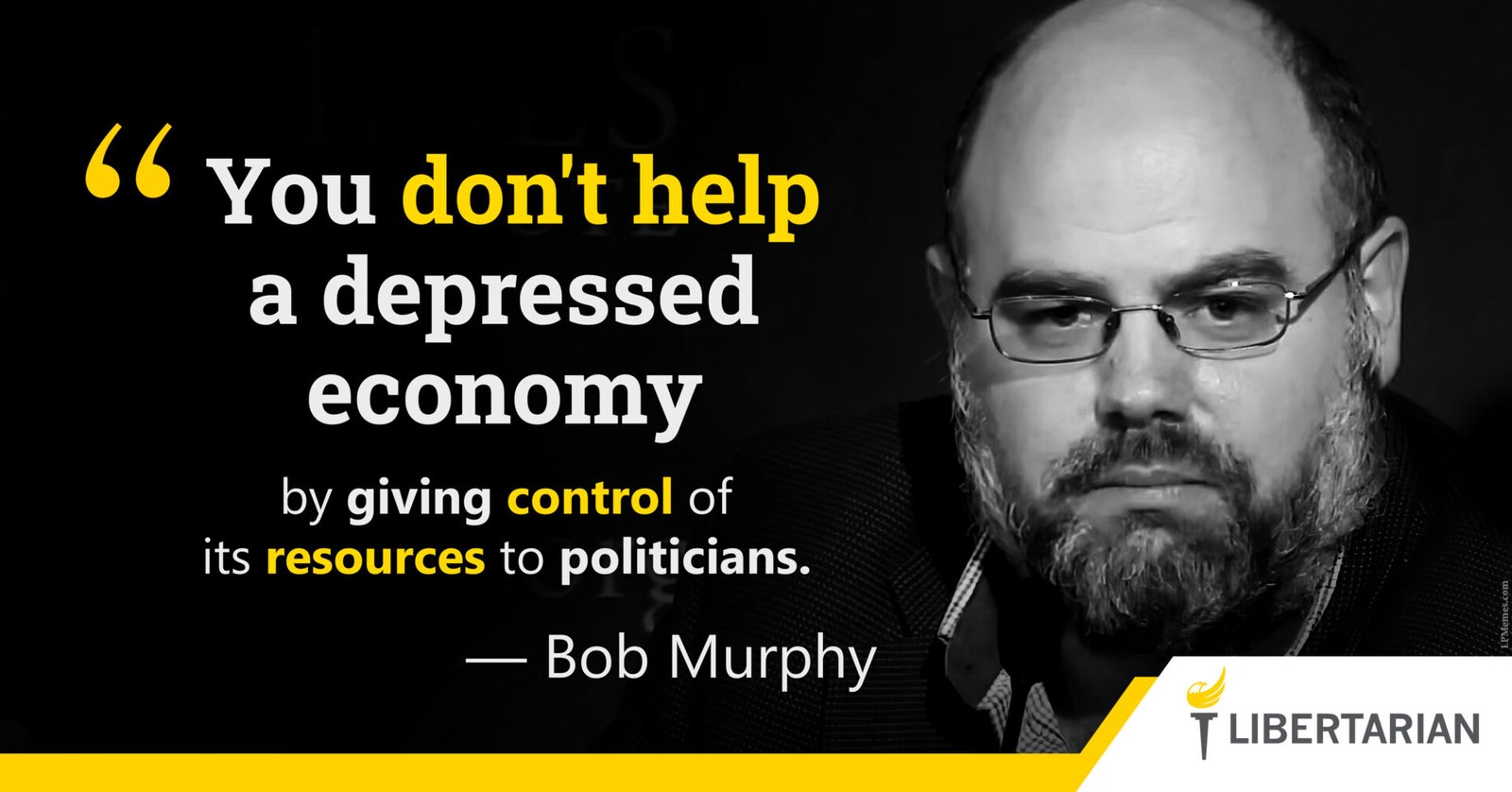


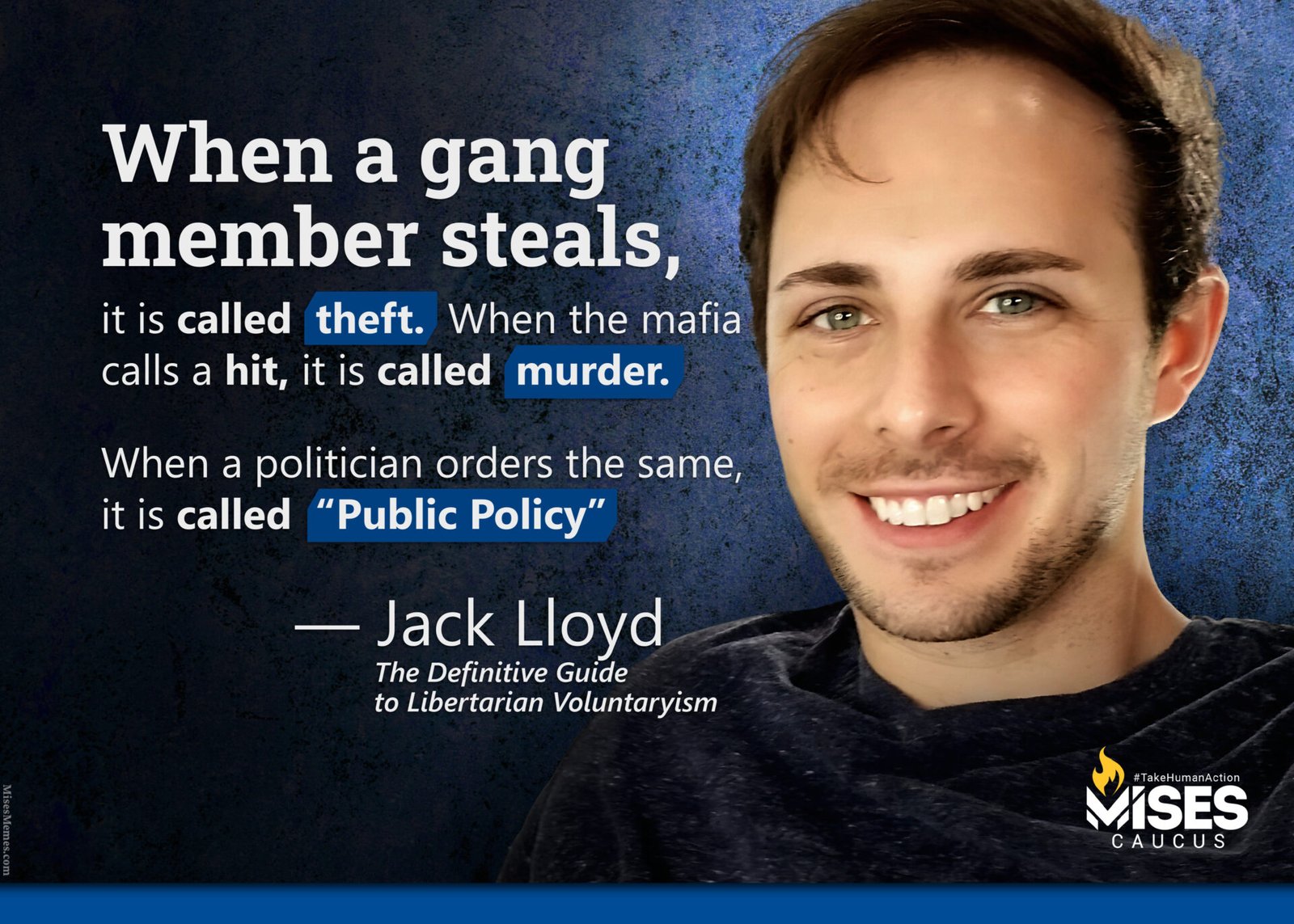


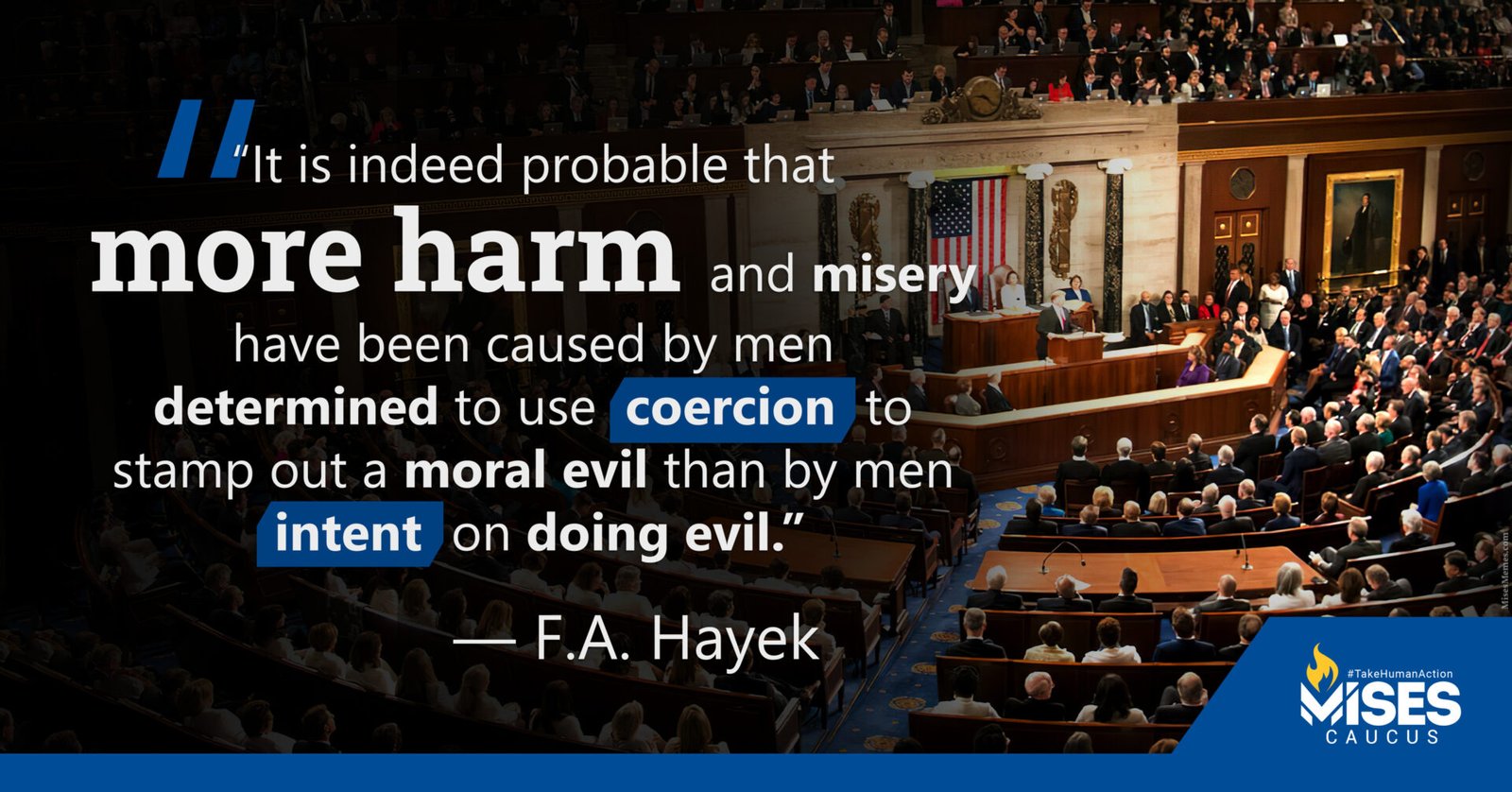
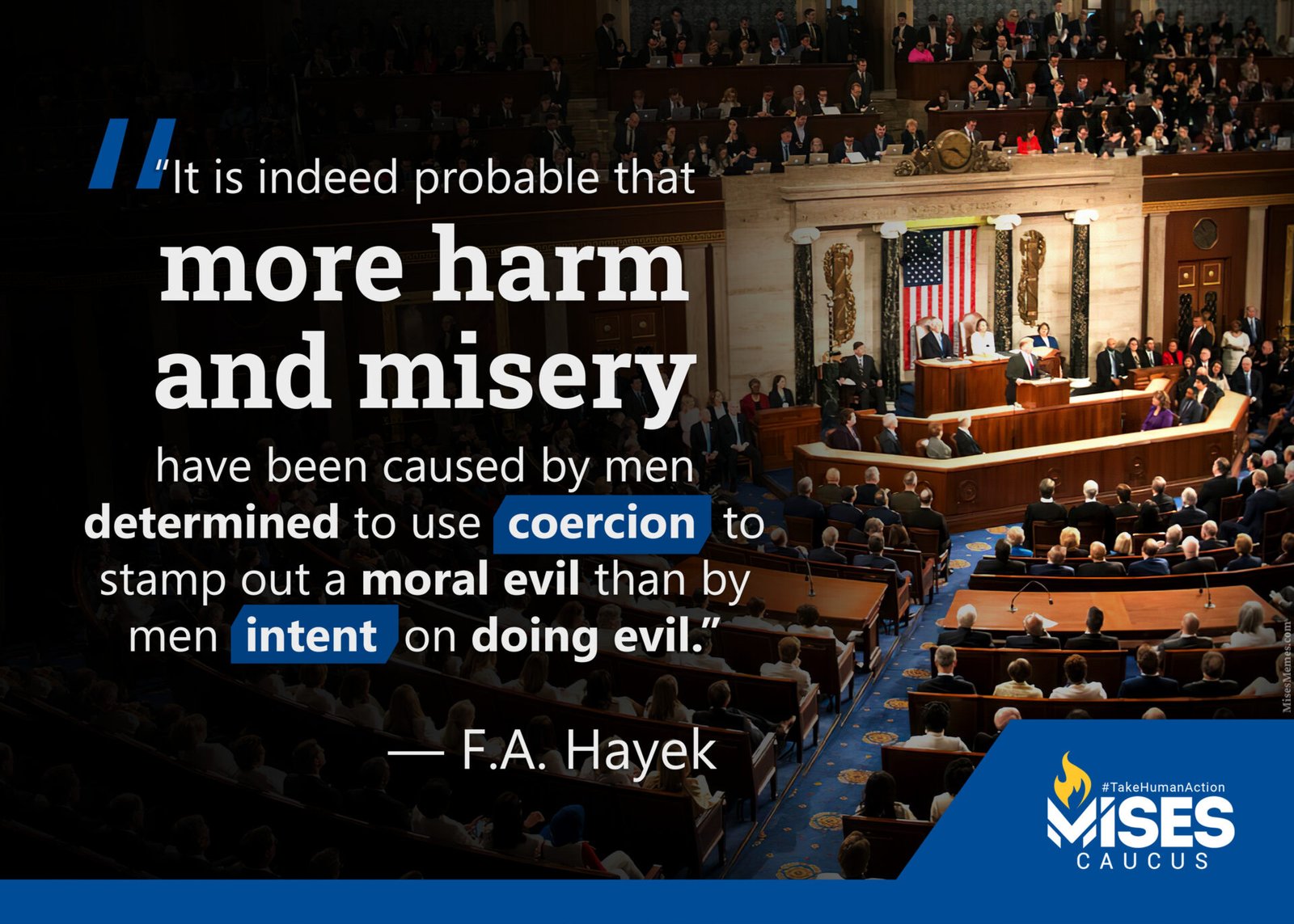
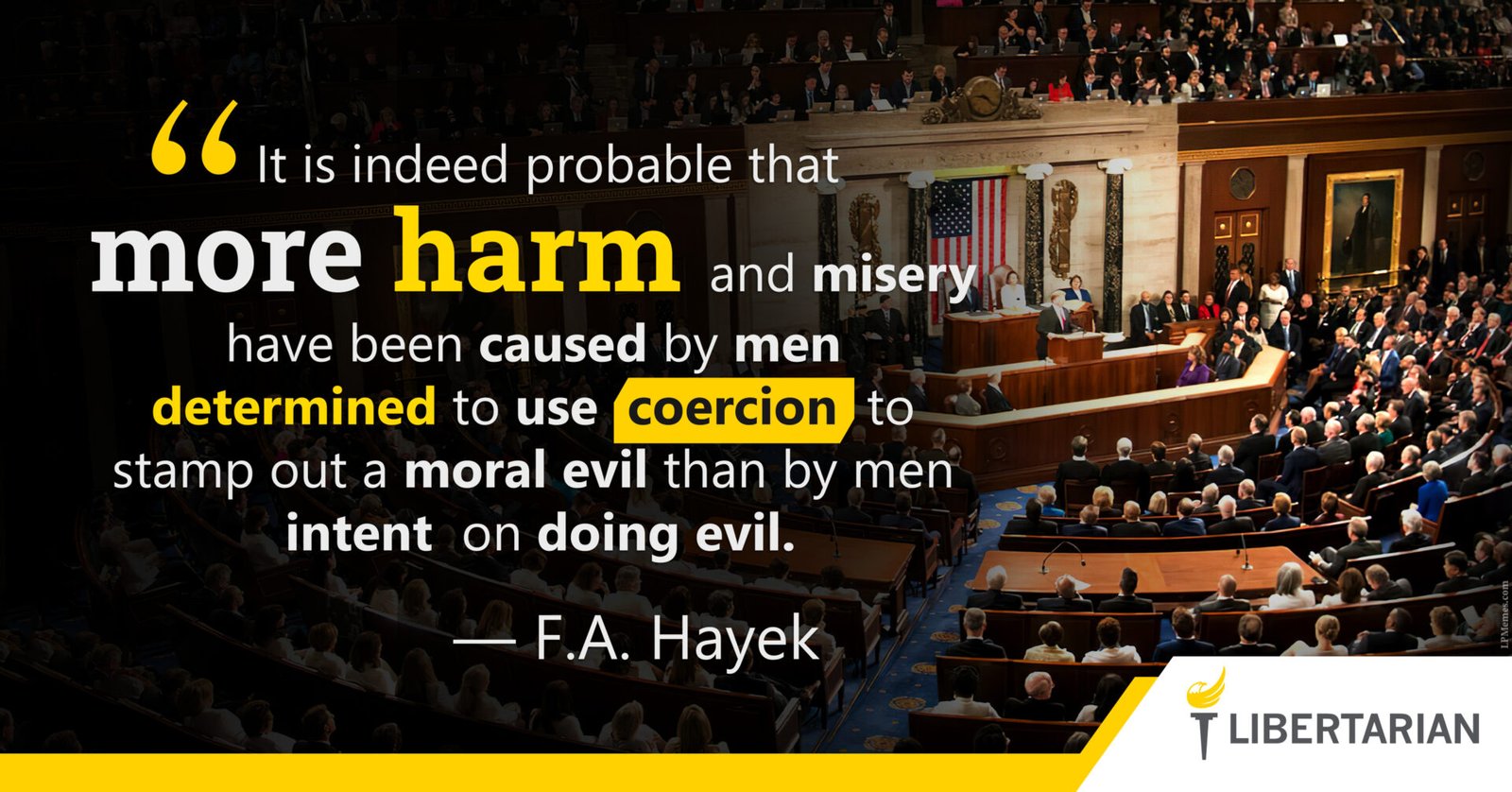

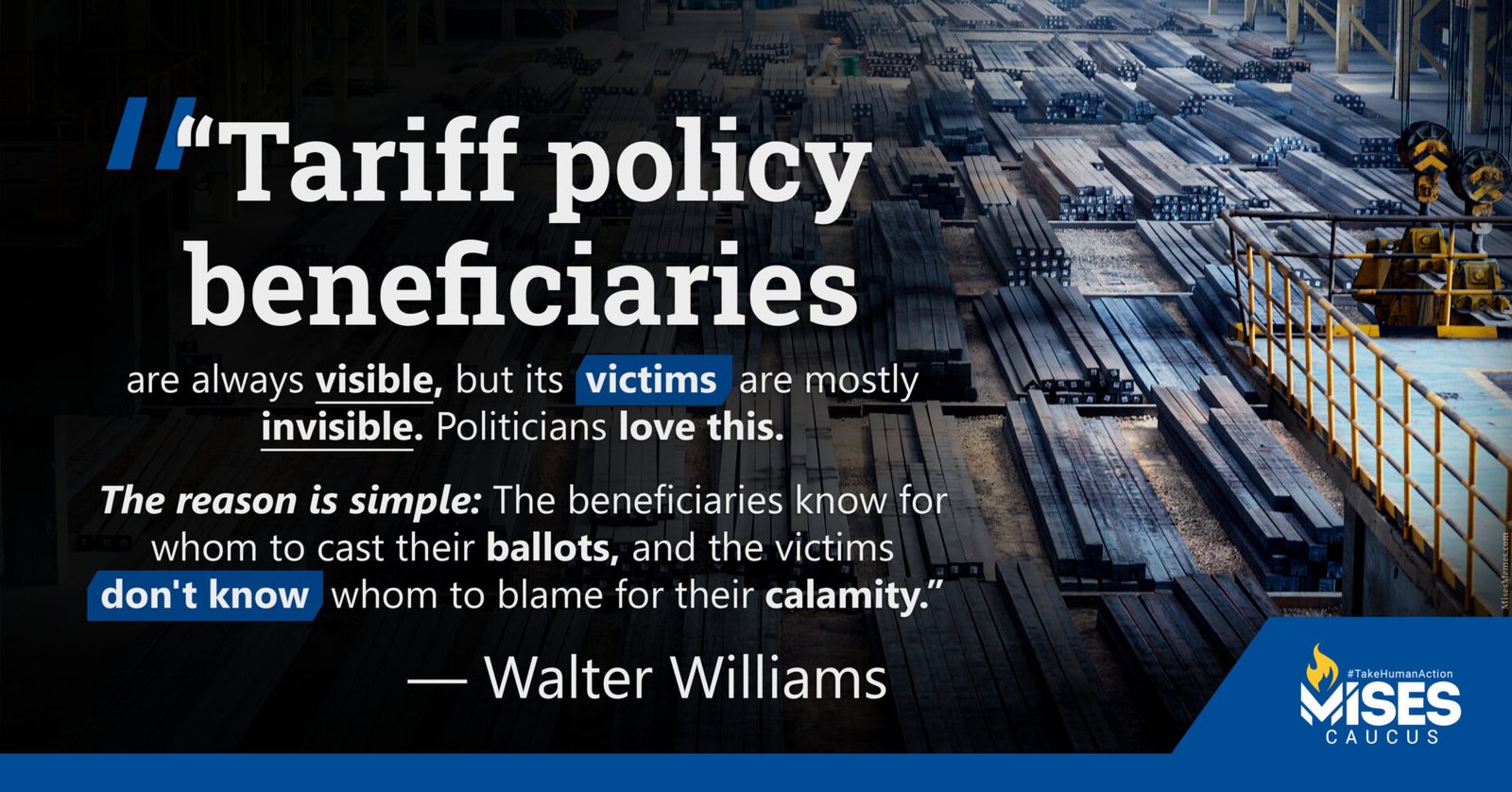
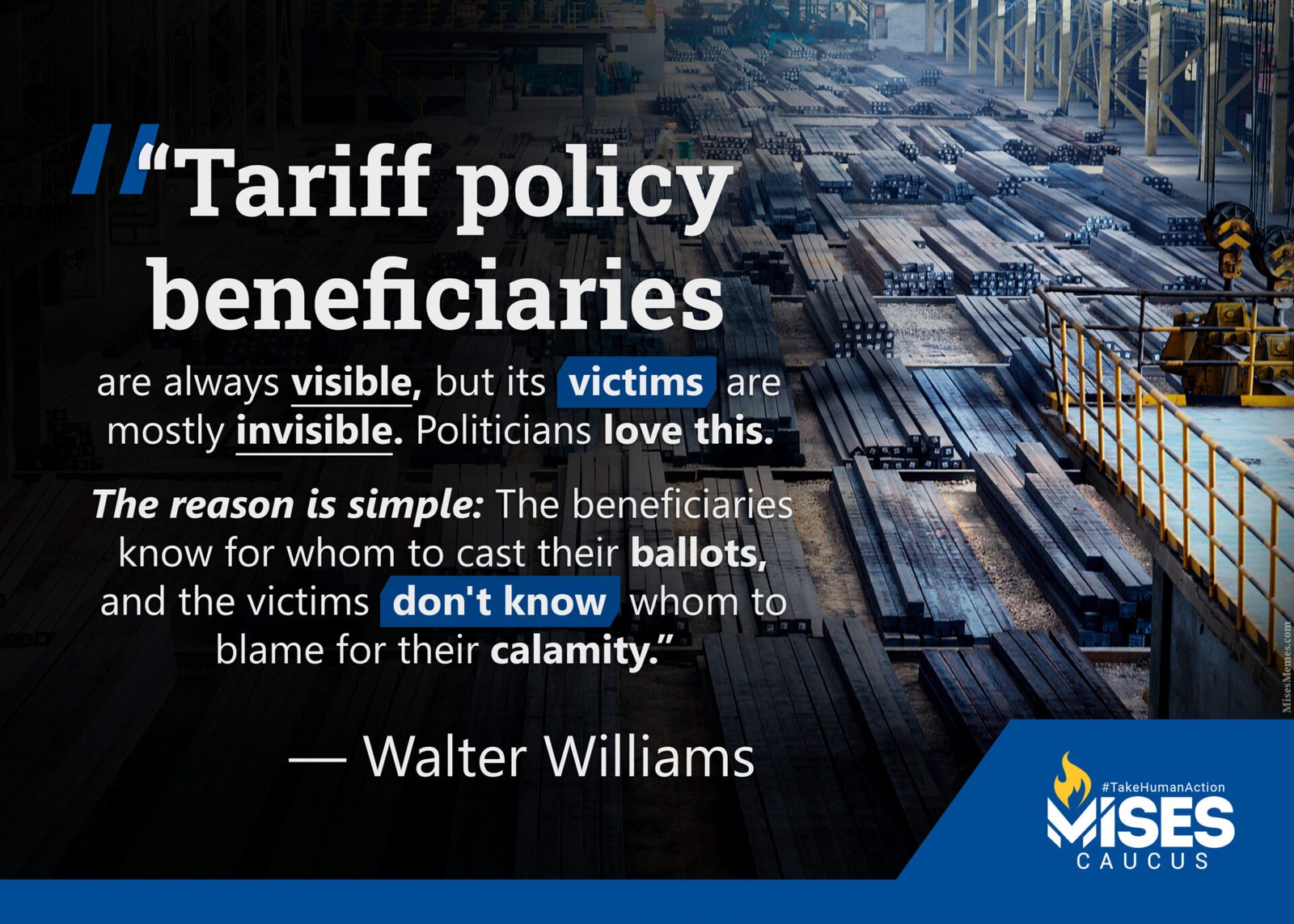
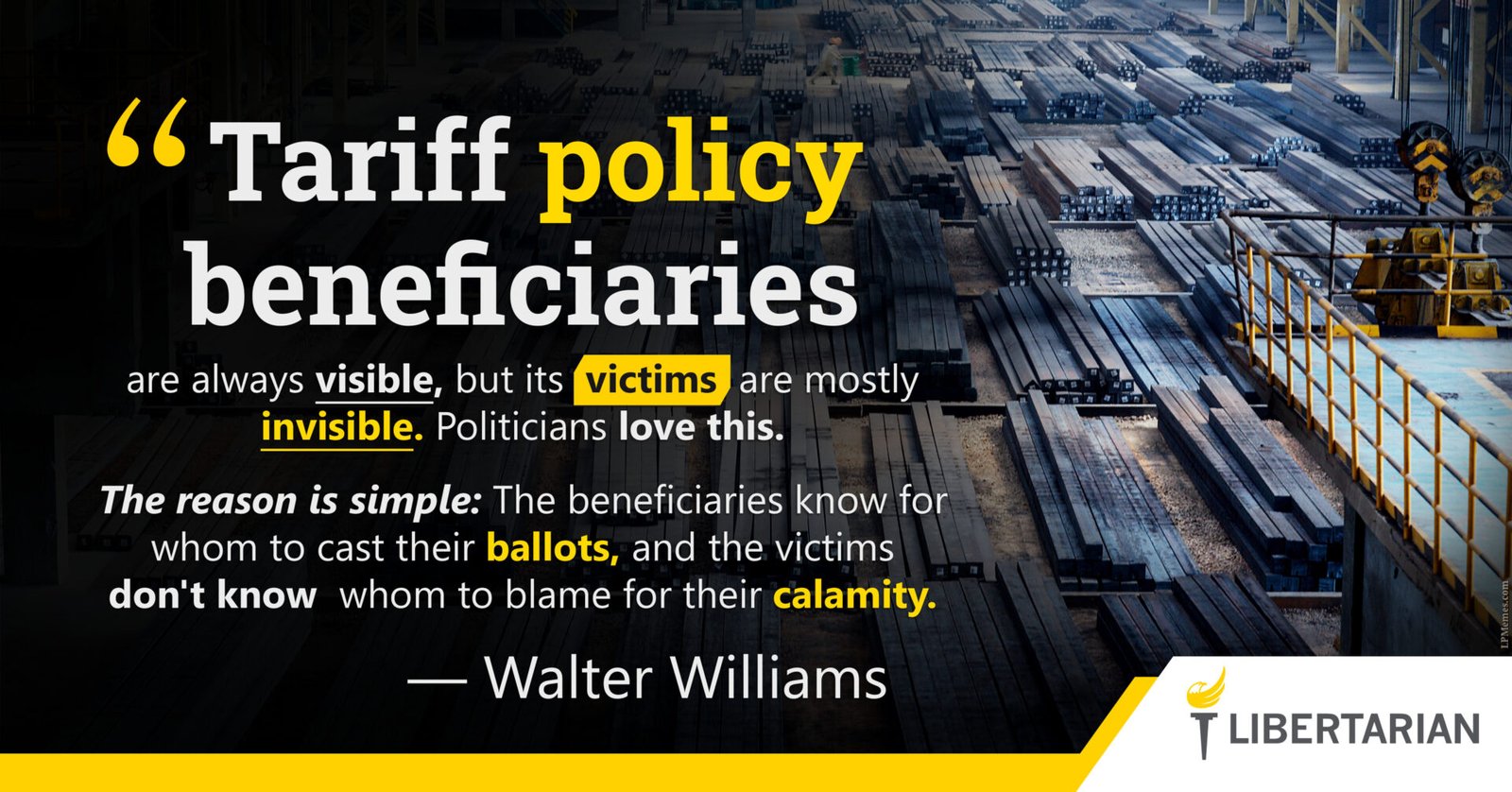

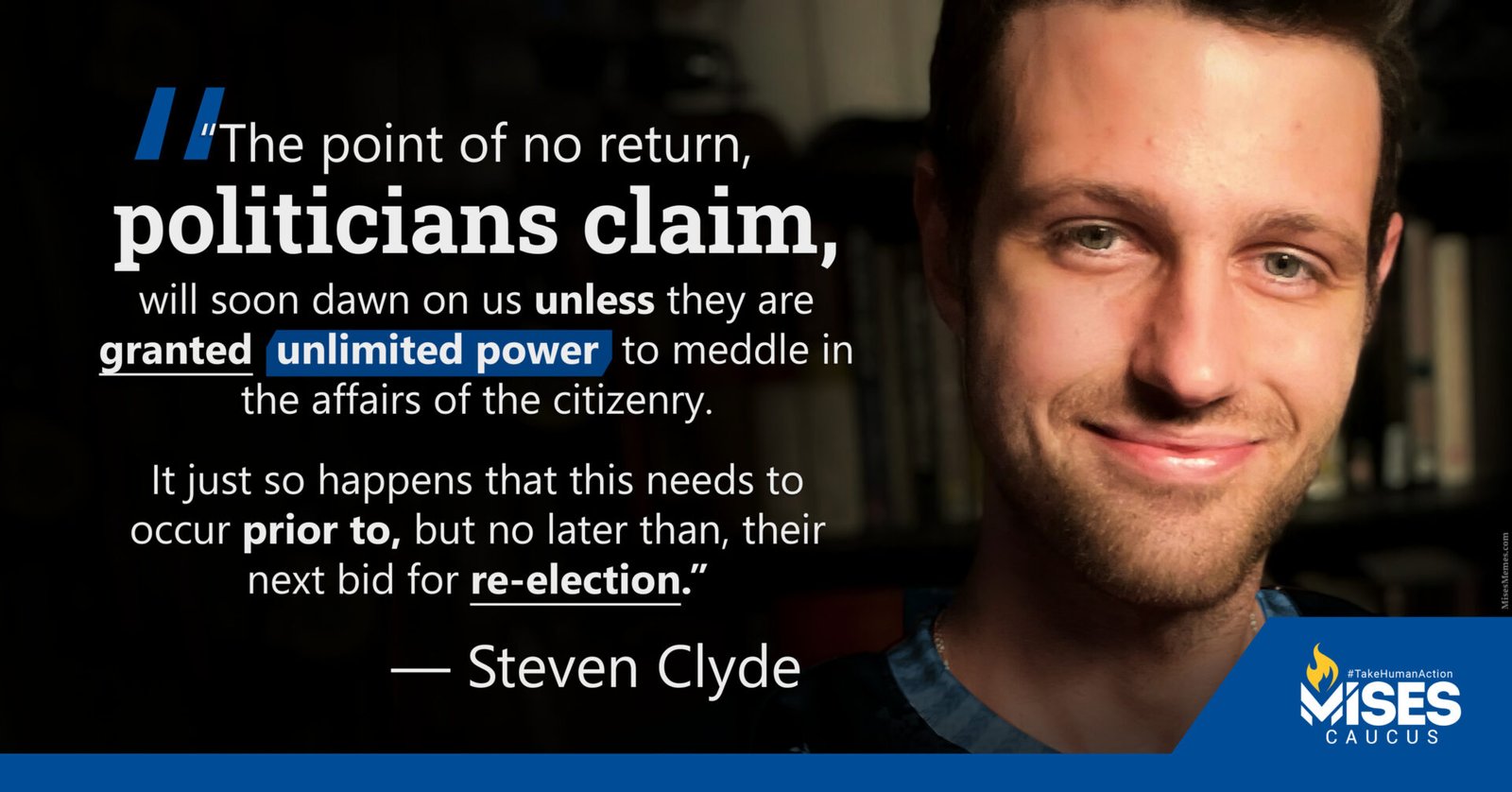
![The point of no return, they [politicians] claim, will soon dawn on us unless politicians are granted unlimited power to meddle in the affairs of the citizenry. It just so happens that this needs to occur prior to, but no later than, their next bid for re-election. —Steven Clyde](https://misesmemes.com/wp-content/uploads/f1198-steven-clyde-their-next-bid-for-re-election.jpg)
![The point of no return, they [politicians] claim, will soon dawn on us unless politicians are granted unlimited power to meddle in the affairs of the citizenry. It just so happens that this needs to occur prior to, but no later than, their next bid for re-election. —Steven Clyde](https://misesmemes.com/wp-content/uploads/lw1198-steven-clyde-their-next-bid-for-re-election.jpg)
![The point of no return, they [politicians] claim, will soon dawn on us unless politicians are granted unlimited power to meddle in the affairs of the citizenry. It just so happens that this needs to occur prior to, but no later than, their next bid for re-election. —Steven Clyde](https://misesmemes.com/wp-content/uploads/lf1198-steven-clyde-their-next-bid-for-re-election.jpg)